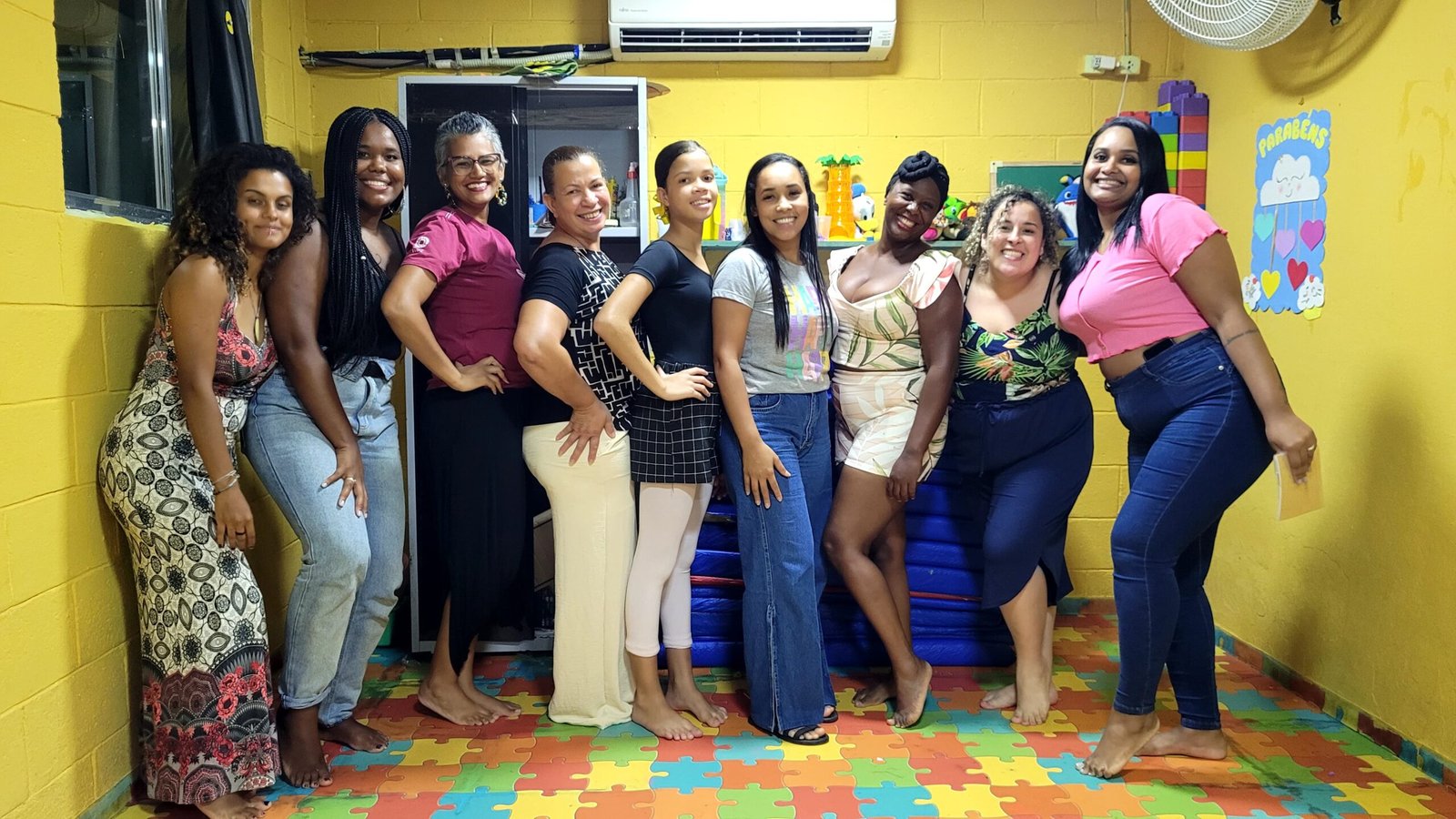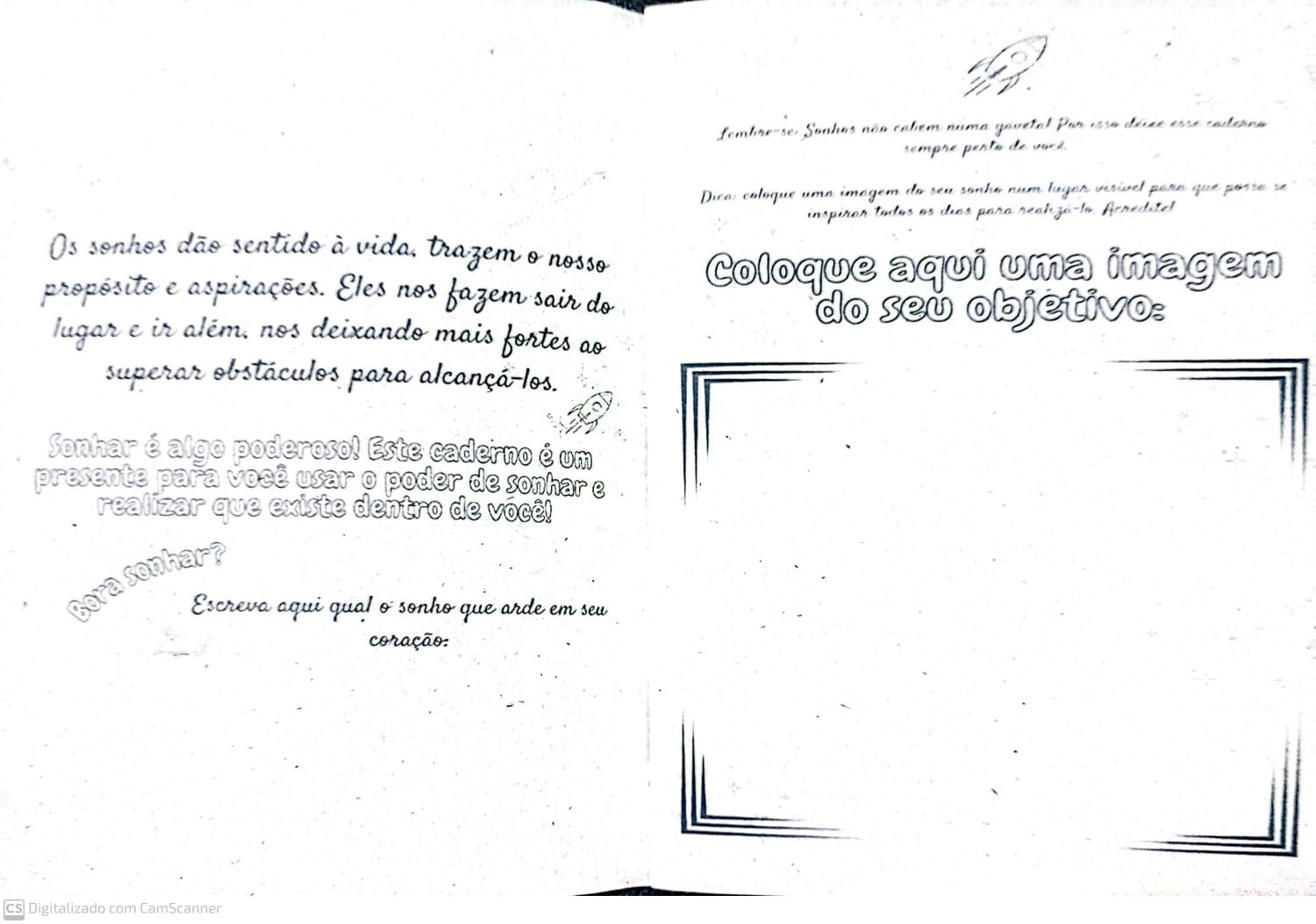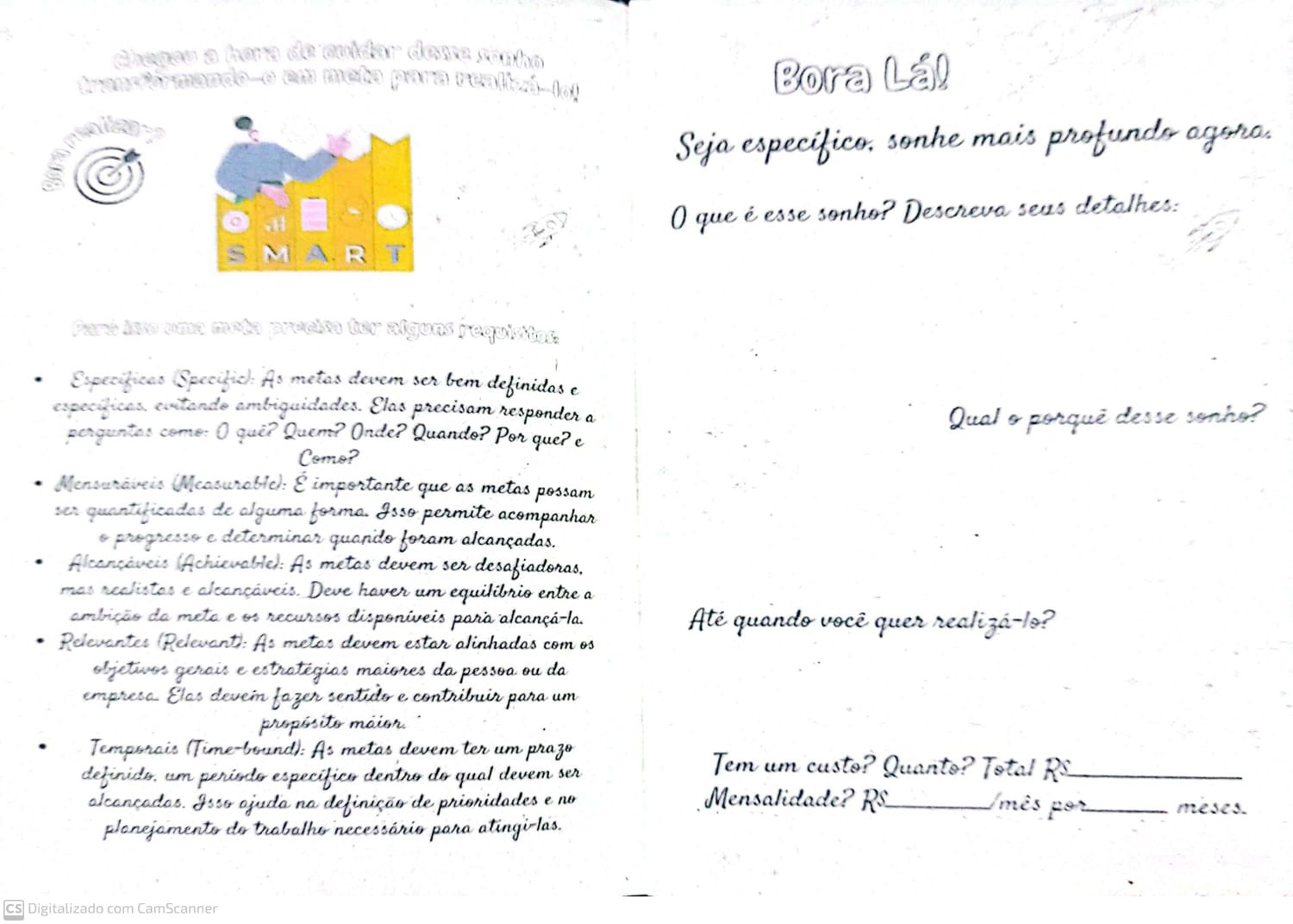This article was voluntarily translated by Antonio Oliveira, a member of the Elos Translation Community. Leia em português aqui.
GSA 2014, Priscilla Pereira is an idea in motion. A resident of Sítio Conceiçãozinha, in Guarujá, on the coast of São Paulo, she seems to be everywhere, working to build a radically better world today in every way, in all directions.

If you’re in a conversation about how cinema transforms lives, she might be there too. If you’re in a debate about the power of recycling in communities, she might be there too. If you go to Conceiçãozinha on a Sunday at three in the afternoon and find a crowd of people building their own Plaza of Dreams, yes, she’ll be there leading that collective effort. Also.
Priscilla says that among the many things that move the world, there were two conversations she wanted to have happen, but she needed to better prepare for both. And that’s when an invitation from the Elos Institute came and brought everything together.
“For a long time, I’ve been seeking a way to address issues related to the fight against racism, you know? And I’m very interested in talking about work and dreams in my neighborhood. But first, I would like to have the opportunity to have a racial literacy, you know, to study the subject.” The opportunity for this, she explains, came with the Lab Causas.
Lab Causas is what the project that supports the creation of Learning and Practice Communities among people who have gone through the GSA Program is called. There are more than 700 around the world, in over 70 countries.
Understand what the GSA Program is by clicking here.
In other words, the Elos Institute supports groups interested in investigating and designing action pathways around an urgent challenge of our time with methodologies, social technologies, mentorship, and financial resources. For an anti-racist world in practice was the theme of this first call. And from it sprouted two interest groups, or two Learning and Practice Communities: Sementes de Baobá, with a focus on Black education, and Do Sonho ao Trampo: Black Youth and the Job Market.
Priscilla is part of the second group alongside Lua, Mariana, Kikiu, and Jaana. You will learn more about them in the stories to come.
So, that was it. With Lab Causas, Priscilla connected the two points that interested her very much and was able to bring both conversations to her neighborhood at the same time. She explains, “each project participant took action in their territory around our theme. Each of us did it in our own way: chatting, debating, having discussions. We wanted to provoke our youth to talk about work and dreams, you know.” And that’s what happened, in her case.
“We opened a safe space for people to say everything they felt. I saw that the women in the group I facilitated had many dreams, but they were dormant, you know. And others had even already fallen asleep, even given up,” she recalls. Priscilla knows well how difficult it is to sustain the Dream when reality calls life to much more practical urgencies. But something happens when we talk about Dream, she knows.
“Dream is the technology that brought me here. What I do now is to deliver this technology to other women who are like me.” A way of dreaming, she says, that doesn’t just stay in the realm of ideas. It becomes an action plan, something achievable.
And for that, to invite the women in her neighborhood to dream of a job that materializes purpose in the world, she created a tool: The Dreams Notebook. Priscilla is an idea in motion, remember. Not just one, but a multitude of them.

“The Dreams Notebook brings phrases, inspirations, and exercises for these women to do. It instructs in a light and enjoyable way how to turn the dreams we have into reality.” That is, how to build action plans. Here she took a deep breath, and continued, then moved:
“There’s a part that has space for the participant to put a photo exactly of what she wants, of what she dreams of doing. And then there’s a recommendation to put the notebook, since it’s all very visual, in a place where she sees it all the time, to keep reminding her.” The meetings have been happening, dreams have returned to the group’s conversations. Every time.

“We weren’t born with inheritance, you know. We have to fight much more to reach the same places that many people access more easily. Especially if you’re a woman, from the periphery, and Black, then the challenges are even greater. I wanted to explain this with these conversations. And remind people of what they’ve dreamed of working on and how we can reclaim that,” she concludes.
Priscilla said one last thing, as important as the first, the second, as important and powerful as everything she always says: “I want to think about how work serves my personal growth and not just the needs of the world around me.”